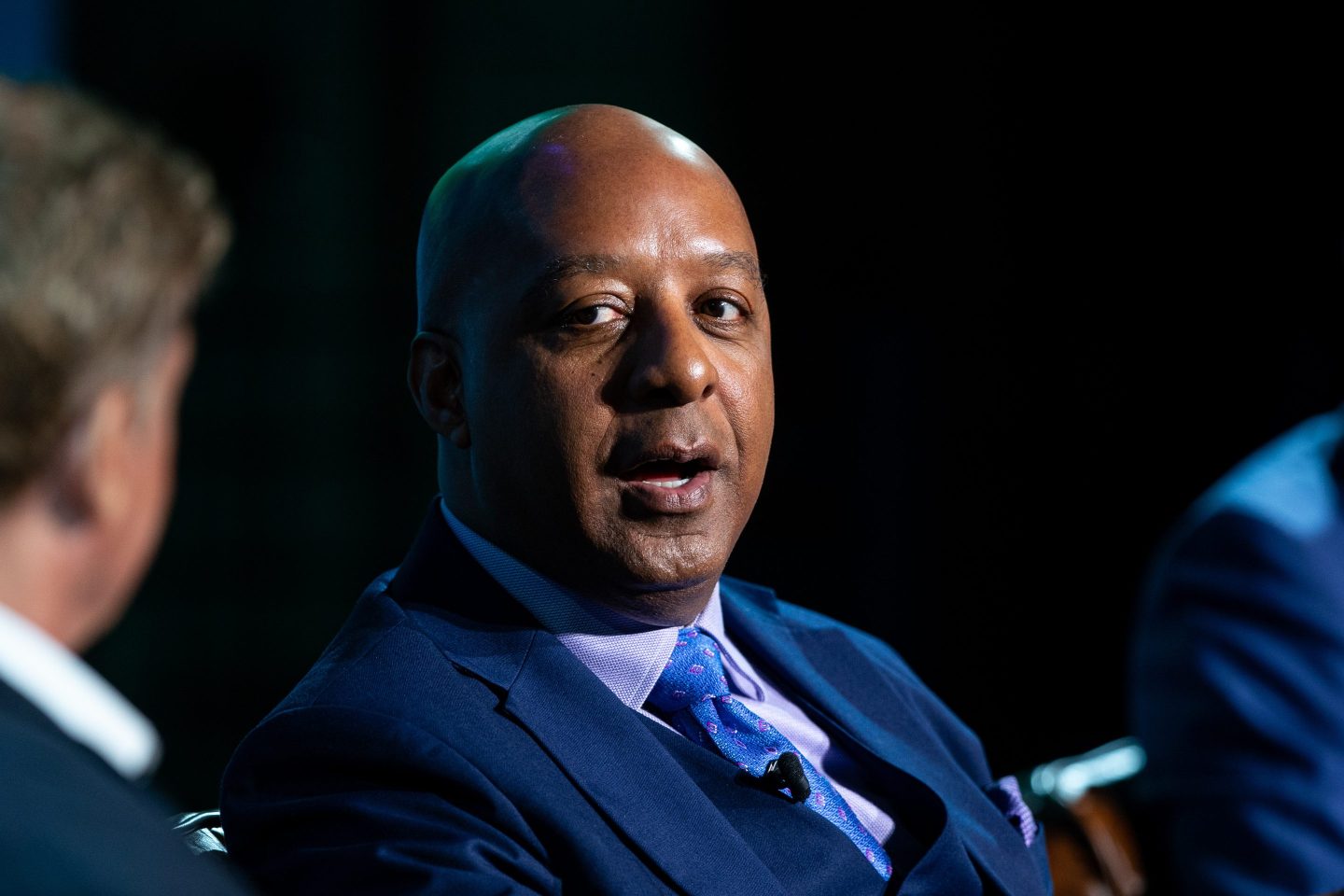If you don’t like working Mondays or Fridays, you might not have to for much longer. Billionaire sports and Hollywood talent agent leader Ari Emanuel believes artificial intelligence will usher in a new era of work-life balance—one where a shorter workweek is the new norm.
“There’s going to be more free time,” he told the Financial Times, adding that the world can realistically cut the workweek to four, or even three days, in the coming years.
But that doesn’t mean everyone will just be bored at home with nothing to do because their AI assistants can cook, clean and even commute on their behalf. Emanuel expects the greater flexibility will lead people to spend more time enjoying the more fun things in life.
“If you believe the premise that humans are social animals, they’re going to have to do something,” Emanuel added. “They can’t just sit at home, so they’ll go to music, they’ll go to sports and they’ll go to my live events.”
And that’s potentially good news for Emanuel’s own fortune. Bloomberg estimated his net worth surpassed $1 billion in February thanks to his stake in Endeavor, a sports and entertainment group that he cofounded. Earlier this year, Endeavor was purchased by private equity firm Silver Lake for $25 billion, prompting Emanuel to step down as CEO.
After the sale and rebrand, he is now the executive chair of TKO Group, behind UFC and WWE, as well as WME Group, a Hollywood talent agency whose clients have included Oprah Winfrey, Ben Affleck, and Martin Scorsese. Emanuel also has a new company, MARI, which will manage the Madrid and Miami tennis Opens as well as the Frieze art fairs, all of which he acquired from Endeavor.
A shorter workweek is embraced by top tech leaders
While the shift to a reduced workweek may seem far-fetched—especially as many companies push employees back into the office five days a week—Emanuel has been predicting such a change since 2023, back when ChatGPT was still in its infancy.
Since then, the idea has gained traction among some of the world’s most influential tech leaders. Later that year, Microsoft cofounder Bill Gates suggested society might “eventually” reach a point where the three-day workweek becomes the norm.
But in March of 2025, Gates sounded more confident, saying humans will soon no longer be needed “for most things.”
“What will jobs be like? Should we just work like 2 or 3 days a week?” the billionaire posed to Jimmy Fallon on The Tonight Show.
Even as an advocate for working hard—especially in the office—JPMorgan Chase CEO Jamie Dimon admitted that technology will likely shave off the need to work five days a week.
“People have to take a deep breath,” Dimon told Bloomberg in late 2023. “Technology has always replaced jobs. Your children are going to live to 100 and not have cancer because of technology, and literally they’ll probably be working three and a half days a week.”
Nvidia CEO Jensen Huang—the leader of the world’s most valuable company—said earlier this year that while the AI revolution is still in its early days, it could “probably” lead to a shift to a four-day workweek as productivity rises. But, he noted, there will be plenty left to do.
“I’m always waiting for work to get done because I’ve got more ideas,” Huang told Fox Business in August, adding that he thinks “most companies have more ideas than we know what to pursue. And so the more productive we are, the more opportunity we get to go pursue new ideas.”













